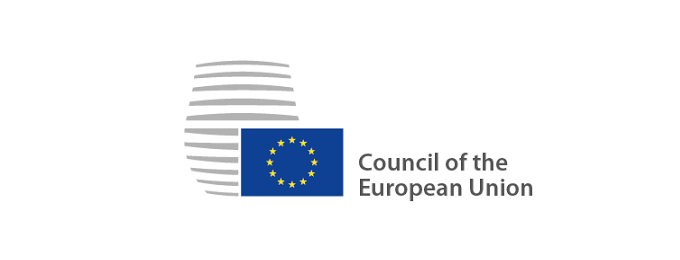EU education and youth ministers met online to share information on implications of COVID-19 for education and training as well as for youth.
On 18 May, EU education ministers met for their third videoconference. The videoconference of the 27 ministers replaced the formal physical meeting and was considered an informal meeting. That is the reason why the ministers did not adopt any council conclusions. They will adopt conclusions on European teachers and trainers for the future through written procedure in May. Further conclusions on countering the COVID-19 crisis in education and training will be adopted in June, by written procedure, too. The latter will in part draw on the discussion that the EU education ministers had during this videoconference. A fourth informal meeting of education ministers is foreseen for June, before Croatia hands over the presidency of the Council of the EU to Germany.
In the videoconference on 18 May, EU education ministers discussed the gradual lifting of containment measures in the context of the COVID-19 crisis, with a particular focus on organisational and safety aspects for school re-openings, as well as on the state of play regarding school leaving examinations and admissions to higher education. The majority of EU Member States (22 Member States) decided to gradually re-open education and training institutions and return to face-to-face learning and teaching. In many cases, this easing will apply only for selected levels, grades, activities and target groups.
Twenty countries have ensured that pupils leaving secondary school have been able to take examinations with some adjustments. The question of how graduation is organised is also relevant because opting for later exams may disrupt the academic calendar and require adoptions of national grant schemes, as nicely outlined in an April opinion piece published by the Eurydice network, the Education Information Network in Europe. The different approaches and timing concerning school leaving examinations may also have an effect on the continuation of cross-border learning mobility. Therefore, the education ministers encouraged responsible institutions to find flexible approaches and to cooperate.
On 19 May, EU Youth ministers met for the first time in an informal videoconference to discuss the impact of the COVID-19 outbreak on young people and youth organisations. They identified several actions to help young people in dealing with the consequences of the pandemic. in particular they highlighted: 1) allowing more flexibility in the implementation of the Erasmus+ and European solidarity corps programmes, 2) including youth-related policies and measures in EU recovery initiatives, 3) providing assistance to more vulnerable groups, such as young people from disadvantaged backgrounds or those living in remote and rural areas, and 4) ensuring possibilities for activities during the summer break, such as participation in summer camps.
EU youth ministers will adopt Council conclusions on raising opportunities for young people in rural and remote areas through a written procedure.

